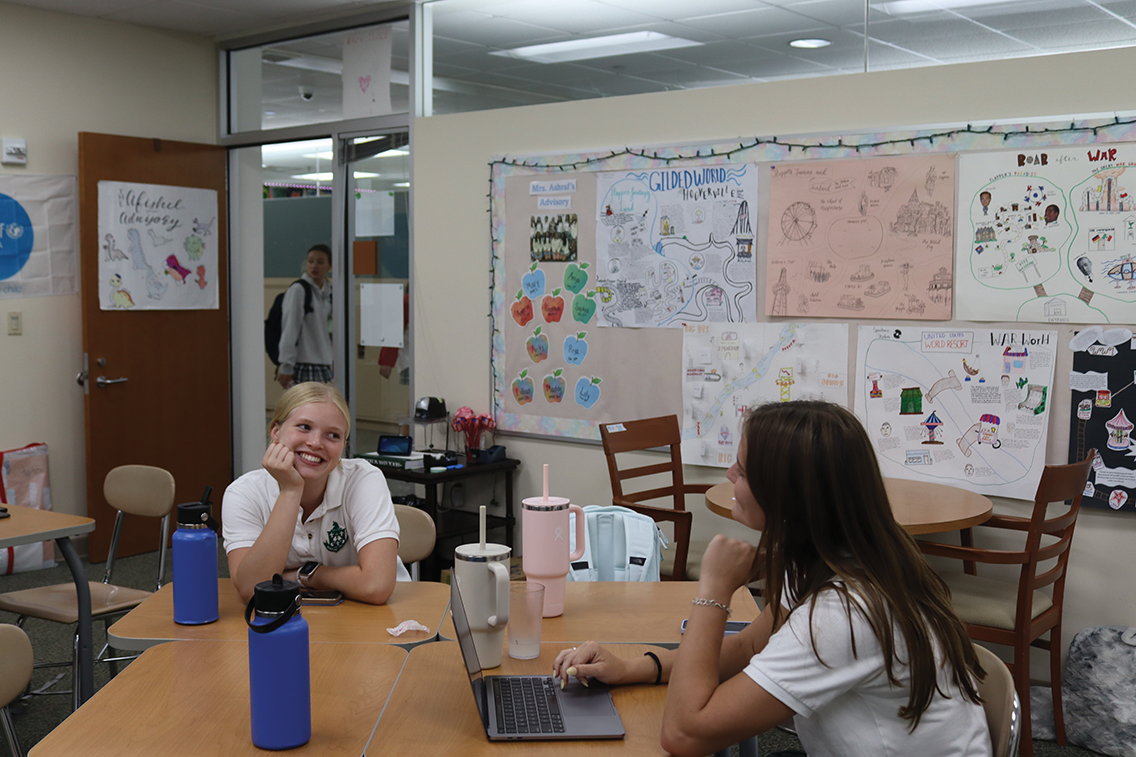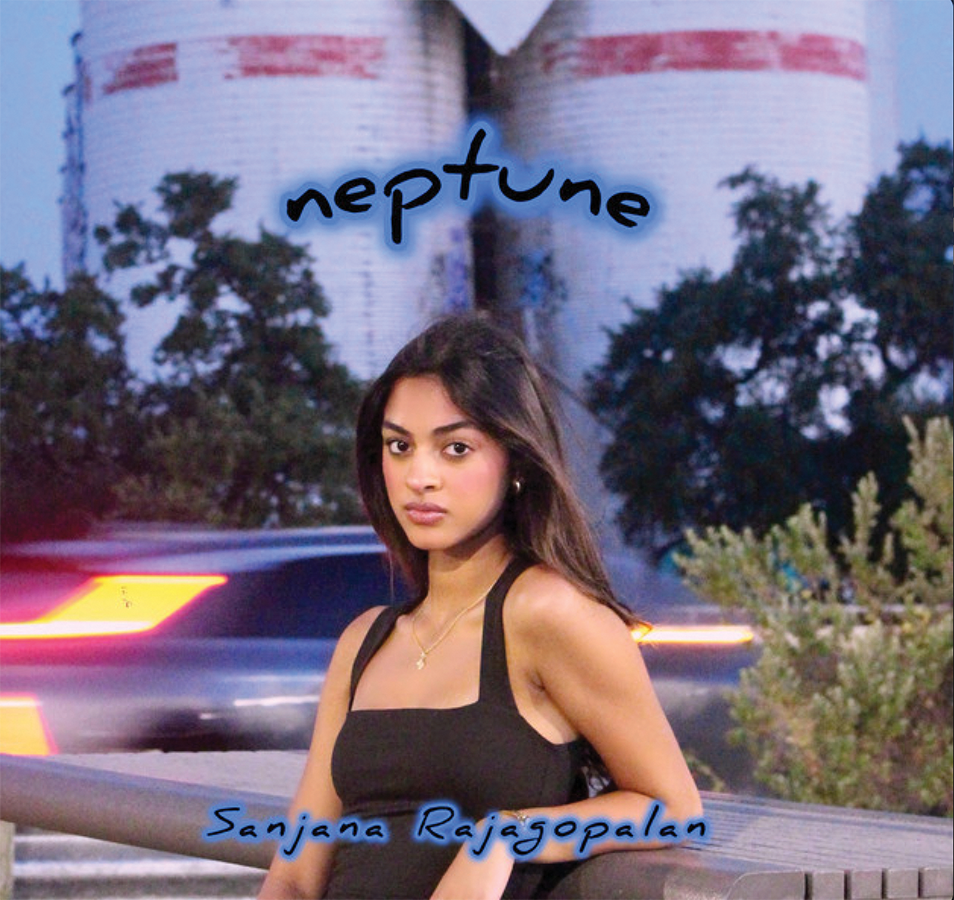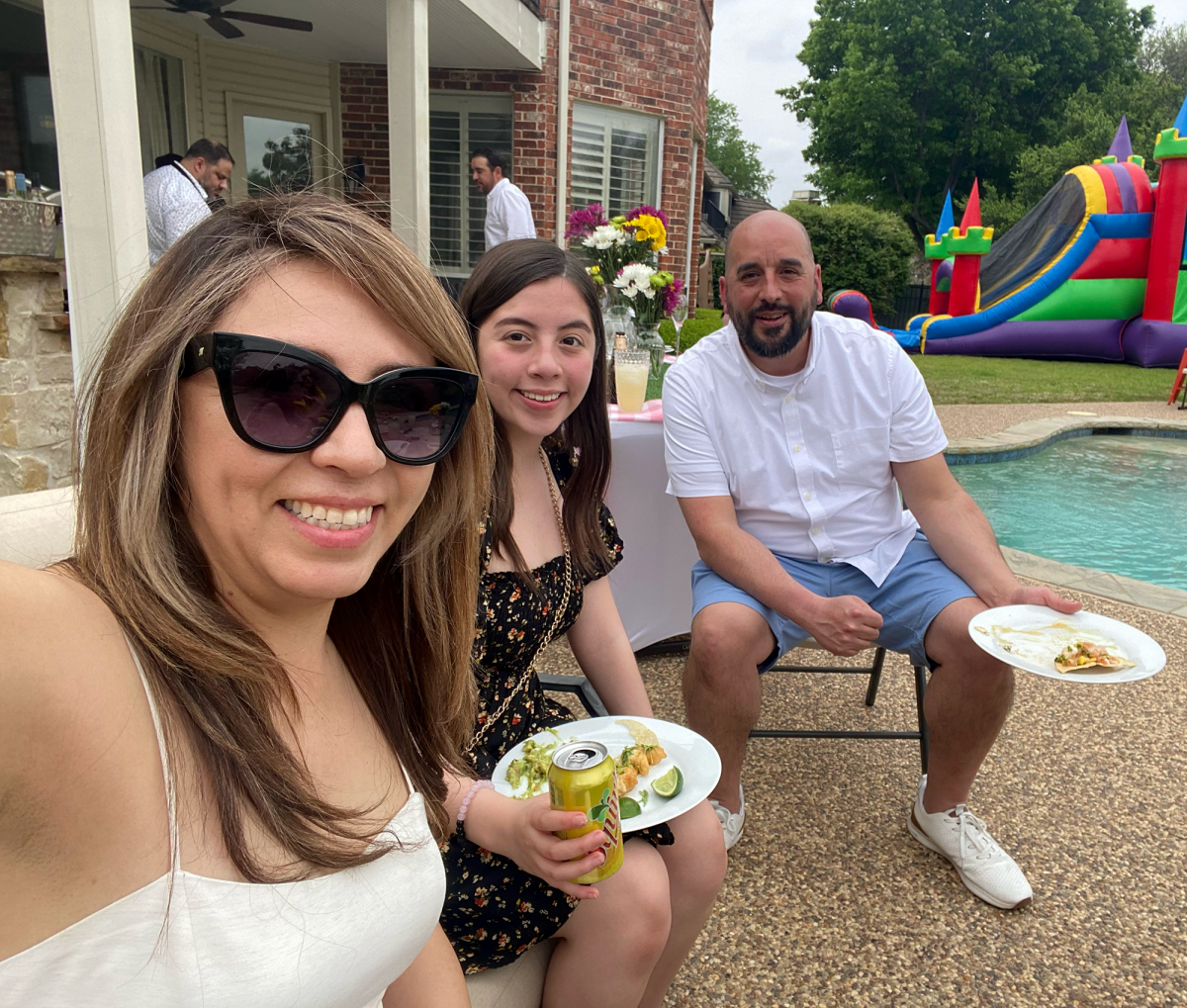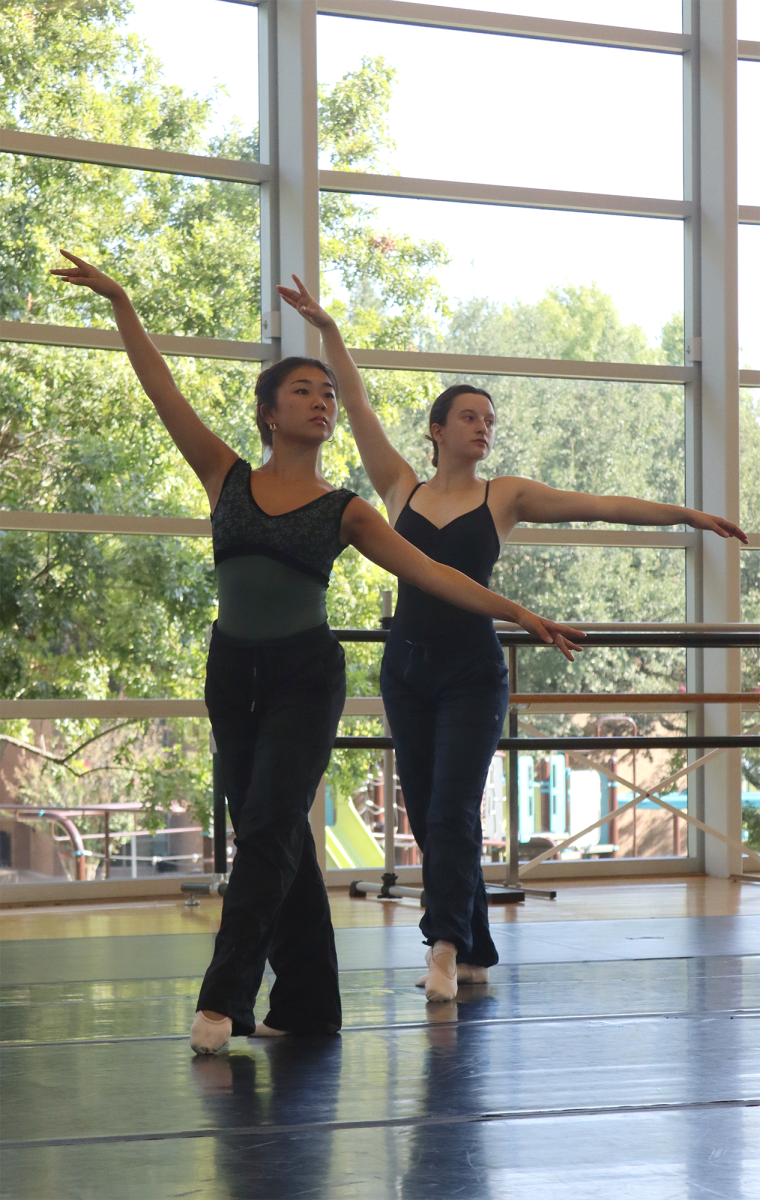The interstellar gang is back in the third production of the Marvel trilogy, starring Chris Pratt (Peter Quill), Zoe Saldaña (Gamora) and Bradley Cooper as Rocket the Racoon. “Guardians of the Galaxy Vol. 3” achieves what it set out to do. It provides a stirring and heart-warming finale, but with dissociated themes that make it feel like too many ingredients in an overambitious mix.
Arriving six years after the latest installment, this edition begins in heartbreak with a drunken Quill still mourning the loss of his beloved Gamora who was killed by Thanos in the previous “Avengers Infinity War.” Not long afterward, Quill is reunited with Gamora. However, she appears as an alternate version, a new Gamora who comes back because of the all-powerful infinity stones, with no memory of Quill.
Quill can’t mourn very long though, because the Guardians must rally to save their friend Rocket, who’s dying because of abusive experiments performed by a mad scientist. Rocket’s story, which involves numerous other animal characters, forms the heart of the film. This movie really succeeded in its efforts to combine pathos, humor, impassioned action and a fantastic ‘70s-era soundtrack.
The villain, the High Evolutionary (Chukwudi Iwuji), wants to create a new, more evolved utopian society of hybrid human-animal species. As with most Marvel villains, he doesn’t think he’s evil, just misunderstood. Despite his attempts to create a flawless society in outer space, homelessness and bullying persist just as they do on planet Earth.
The movie doesn’t let itself get too serious. In one of its many comic moments, which have become trademarks of the “Guardians” series, I found myself laughing at a ridiculous exchange among the characters over which buttons to press on their spacesuits to properly communicate. The characters also make the cheesiest of jokes funny again in a pleasantly nostalgic fashion.
The action sequences are acrobatic, especially in the epic battle accompanied by the Beastie Boys’ classic “No Sleep Till Brooklyn.” It’s no wonder the fate of the Guardians’ friendship and their entire society hinges on an iPod.
This installment really ups the stakes in terms of imagery and make-up effects, especially in world-building, including Counter-Earth, which resembles a ‘50s-era suburb populated by the high evolutionary bizarre humanoid creatures. When Quill and his fellow Guardians land there, it results in some of the more surreal moments in any Marvel film thus far. The film’s wildly imaginative visuals are a definite plus and kept me entertained.
But embedded in the levity of the storyline, there is certainly the deeper, heavier message of animal abuse, depicted through graphic visuals of animals without fur or limbs. Rocket becomes a hero by rescuing other animals and showing that no utopian society is perfectly utopian. It is the imperfections in their society that gives it authentic character. Rocket’s journey from being captured and separated from his friends to finding a new family among the Guardians also shows how anything lost can be regained.
Writer-director James Gunn doesn’t fully succeed in tying all these threads together into a coherent whole. The storyline can be overwhelming with so many plots at so many different times and places. Multiple viewings may be necessary to keep it all straight, but I wouldn’t go back for a second view. Having said that, the film did bring the trilogy to a satisfying close. I came away with some worthy food for thought about the line, “Be not as you are, but as you should be.”






